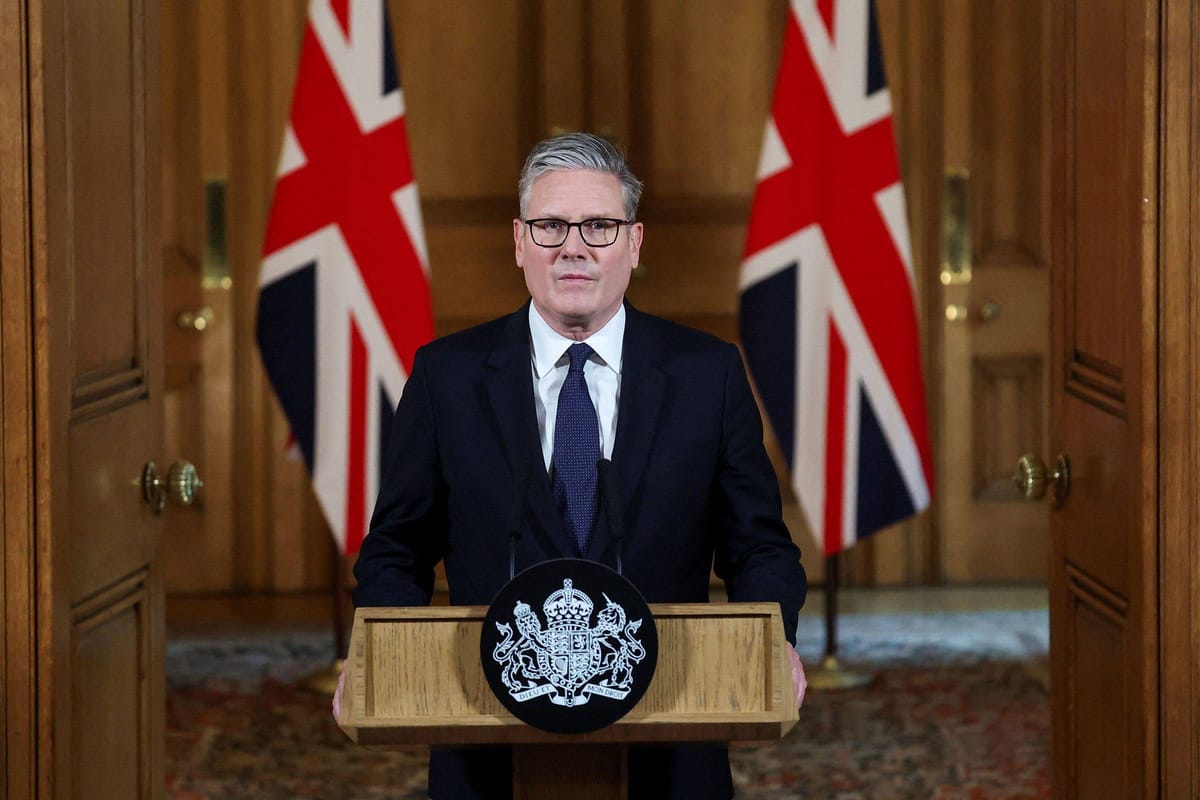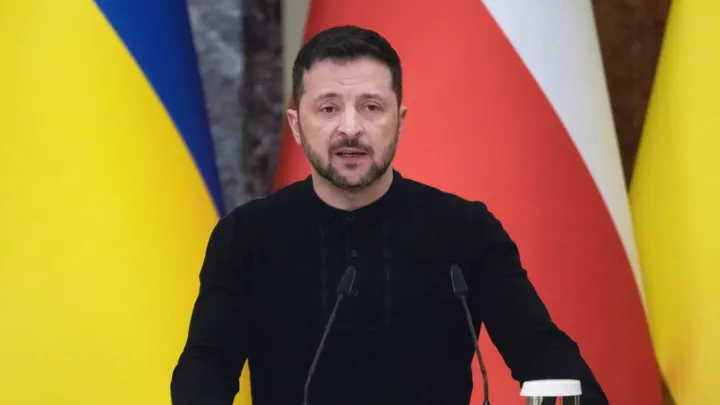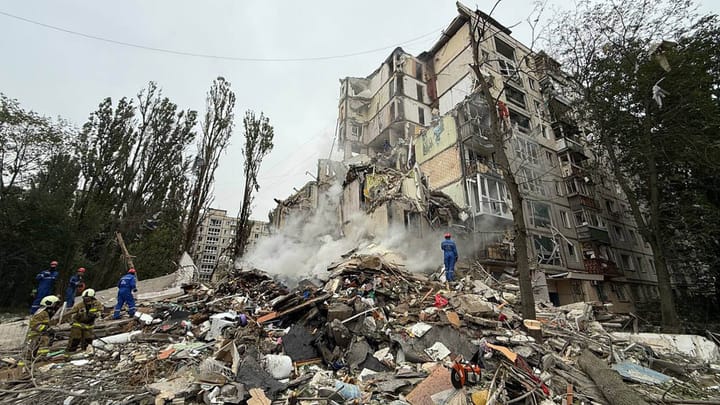UK Set to Recognize Palestine, Global Divide Deepens
The UK plans to recognize Palestine in September 2025, sparking global controversy and strong reactions from Israel and hostage families.

The UK’s plan to recognize the State of Palestine in September 2025 marks a new chapter in Middle Eastern geopolitics. The announcement has immediately triggered both support and criticism from across the world, prompting a sharp response from Israel and positioning the UK at the forefront of international diplomacy on the Israel-Palestine conflict.
UK Officially Declares Intent to Recognize Palestine
Prime Minister Keir Starmer stated that the UK will recognize Palestine unless Israel halts military operations in Gaza, accepts a ceasefire, and allows full access for humanitarian aid. This move is also driven by the UK’s commitment to a fair and sustainable two-state solution. Starmer emphasized that Palestine’s sovereign rights are inalienable and cannot be revoked by anyone.
This decision follows mounting domestic pressure. Recent polls show a majority of Britons support recognizing Palestine, while most Labour Party cabinet and parliamentary members back the initiative. The UK is openly urging Israel to take real action for peace and to adhere to international law.
Strong Response from Israel and Hostage Families
The Israeli government firmly rejected the UK’s move. Prime Minister Benjamin Netanyahu called the recognition a “reward for Hamas,” saying it threatens both Israel’s security and global stability. Israeli hostage families, including relatives of British citizens held in Gaza, condemned the decision as shameful and accused the UK of legitimizing terrorism.
The hostage families’ forum urged the UK to prioritize the release of hostages before making such a major political decision as recognizing a Palestinian state. They argued that this step could weaken their leverage in ongoing negotiations for the release of those still held in Gaza.
Global Response: US, France, Canada, and Australia
The UK’s plan was met with varied reactions from major powers. France and Canada announced they would take similar steps, provided there are political reforms in Palestine, elections are held, and Hamas is excluded from the Gaza government. US President Donald Trump strongly rejected the plan, calling it a “reward for Hamas” and warning that such unilateral policy could complicate peace efforts.
Meanwhile, Australia and other countries cautioned the UK not to rush into recognizing Palestine without guarantees for the release of hostages and a serious commitment to peace. They highlighted the risk of legitimizing armed groups, which could further destabilize regional security.
Diplomatic Implications of Palestine Recognition
If implemented, the UK and France will be the first G7 members to formally recognize Palestine before the UN General Assembly. While over 140 countries have already given symbolic recognition, no UN Security Council member has taken a formal step like the UK plans.
This recognition could reshape the diplomatic landscape of the Middle East, increasing political pressure on Israel to move toward a two-state solution and strengthening Palestine’s international standing. However, it also risks domestic political polarization and intense debate in international forums. Debates within the UK parliament and society are ongoing, highlighting just how sensitive and complex this issue remains, both geopolitically and from a humanitarian standpoint.





Comments ()